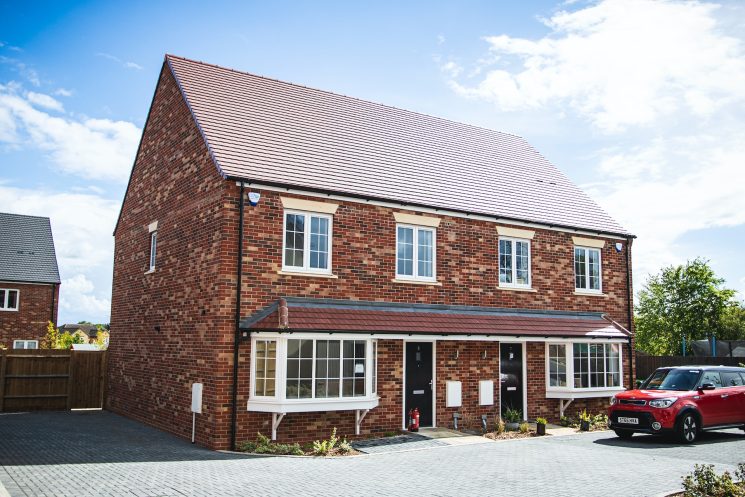Are you in the market for a new property?
Whether you are a first-time buyer or a homeowner looking to upgrade, there are many advantages to owning a new build flat or house. One of the major pros of these properties is that they are cost-effective, with financial incentives keeping the buying price low and minimal maintenance costs.
The various schemes on offer means that financing a new build home is not as straightforward as purchasing an existing property, but there are many monetary benefits to be reaped.
What is a new build home?
A new build home is classed as a property that is less than two years old and has not had a previous owner. The government is driving the development of these homes to hit their target of 300,000 new UK homes a year by 2025.
Buyers can also put their name against homes that are still in the planning process by reserving a plot of land that is part of a development.
First-time buyer support
While the government Help to Buy scheme ended in October 2022, there are several other financial incentives for first-time buyers purchasing a new property.
First Homes is another government scheme that is only available in England. This offers discounts of 30 – 50% on the market value of new houses. The conditions include a maximum household income of £80,000 (£90,000 in London) and a mortgage that is at least half the price of the home.
The council may prioritise eligibility, depending on your need, employment, and proximity to the development. It is therefore worth considering the location of a new build home when searching.
Another new-build specific scheme that is available to first-time buyers is Deposit Unlock. This allows customers to buy a new build home with a deposit as low as 5% and grants access to mortgages with competitive interest rates.
Created in collaboration between the home building industry and mortgage lenders, Deposit Unlock aims to open the housing market to a wider range of people.
New build mortgages
Mortgage applications for brand-new and existing homes are very similar, but with new build properties there are a few key considerations to bear in mind.
Most mortgage providers limit the amount they are willing to lend on new builds because these properties depreciate in value in the initial years following their construction. Buyers will find that the loan-to-value ratio is often lower for new houses and flats, which means potentially paying a higher deposit than planned.
In addition, there can be a long gap between exchanging of contracts and completion with new build properties, due to building delays. This means that you will need a mortgage offer that does not expire as quickly as a traditional decision in principle.





